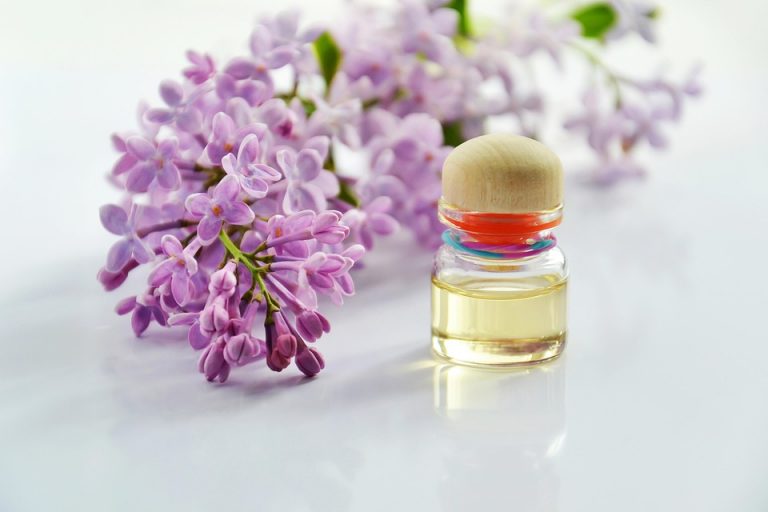Wellness therapies can radically transform your mental health. If you’re feeling overwhelmed, anxious, or just plain stuck, you’re not alone. The world seems fast-paced, and it’s easy to lose sight of what really matters—your mental well-being. This article dives into seven wellness therapies that can rejuvenate your mind and spirit, offering practical solutions to help you reclaim your peace of mind.
Contents
Understanding Wellness Therapies
Wellness therapies encompass a variety of practices aimed at improving your mental health and emotional well-being. Think of them as tools in your toolbox—some resonate more than others, but each has the potential to help you navigate life’s challenges. Whether you’re dealing with stress, anxiety, or depression, these therapies can serve as a guiding light, illuminating pathways to healing and self-discovery.
Why Wellness Matters
Your mental health impacts every facet of your life—from your relationships to your work performance. Ignoring it can lead to burnout and dissatisfaction. Investing in wellness therapies is not just about managing symptoms; it’s about fostering resilience, nurturing positivity, and cultivating a life filled with joy and purpose.
1. Mindfulness Meditation
Mindfulness meditation is like a warm embrace for your busy mind. It encourages you to focus on the present moment, grounding you in your thoughts, feelings, and bodily sensations.
- Benefits: Research shows that mindfulness can reduce anxiety, improve focus, and enhance emotional regulation.
- How to Start: You don’t need to sit cross-legged on a mountain. Simply find a quiet space, close your eyes, and focus on your breath. Even just a few minutes a day can make a difference.
Getting the Most Out of Mindfulness
- Start small: Aim for just five minutes daily.
- Use guided apps like Headspace or Calm to ease into the practice.
- Notice your thoughts without judgment; let them pass like clouds in the sky.
2. Art Therapy
Ever felt the urge to create? Art therapy harnesses that impulse for healing. It’s not about creating a masterpiece; it’s about expressing yourself.
- Benefits: This therapy can help you articulate feelings you might find hard to express in words. Studies indicate that art therapy can significantly reduce symptoms of anxiety and depression.
- How to Start: Grab some paper and crayons or a canvas and paint. Let your emotions flow through colors and shapes.
Tips for Art Therapy
- Don’t overthink it. Just start creating.
- Join a local art class or find online workshops for community support.
- Remember, it’s about the process, not the product.
3. Yoga
The ancient practice of yoga combines physical movement, breath control, and meditation. It’s a holistic approach that nurtures both your body and mind.
- Benefits: Yoga is linked to decreased stress levels, improved mood, and increased self-awareness. Research from the Mayo Clinic highlights its positive effects on anxiety and depression.
- How to Start: You can find countless online classes or local studios offering beginner sessions.
Yoga Tips
- Start with gentle styles like Hatha or Yin.
- Focus on your breath; it’s your anchor.
- Don’t compare yourself to others; this is your journey.
4. Nature Therapy
Nature therapy is about immersing yourself in the great outdoors. It’s a simple yet powerful way to boost your mental health.
- Benefits: Studies show that spending time in nature can reduce stress, enhance mood, and even improve cognitive function.
- How to Start: Take a walk in your local park, hike a nearby trail, or simply sit outside and soak up the sun.
Making Nature Therapy Work for You
- Try forest bathing, a practice that encourages you to engage all your senses in nature.
- Keep a nature journal to document your experiences and feelings.
- Make it a weekly ritual to disconnect from screens and reconnect with the earth.
5. Cognitive Behavioral Therapy (CBT)
Cognitive Behavioral Therapy (CBT) is a powerful tool in transforming your thinking patterns. It helps you identify negative thoughts and replace them with more constructive ones.
- Benefits: CBT is evidence-based and has been shown to be effective in treating anxiety, depression, and many other mental health issues.
- How to Start: Consider finding a licensed therapist trained in CBT or explore self-help resources that guide you through the process.
Tips for Effective CBT
- Be patient with yourself; change takes time.
- Keep a thought journal to track your feelings and thought patterns.
- Practice the techniques consistently for lasting change.
6. Aromatherapy
The soothing scents of aromatherapy can calm your mind and uplift your spirits. Essential oils have been used for centuries to promote relaxation and well-being.
- Benefits: Research indicates that certain scents, like lavender and bergamot, can reduce anxiety and improve mood.
- How to Start: Invest in a diffuser and select a few oils that resonate with you.
Using Aromatherapy Wisely
- Experiment with different oils to find what works best for you.
- Incorporate scents into your self-care routine, like a relaxing bath or during meditation.
- Always ensure oils are safe for your skin if applying them topically.
7. Breathwork
Breathwork is a transformative practice that focuses on your breath to enhance mental and emotional clarity. It’s about harnessing the power of your breath to calm your nervous system and promote relaxation.
- Benefits: Breathwork can help reduce stress, alleviate anxiety, and improve overall mental clarity. Research has shown its effectiveness in fostering emotional well-being.
- How to Start: Simple techniques can be practiced anywhere—just take a moment to breathe deeply, inhaling for a count of four, holding for four, and exhaling for four.
Maximizing Breathwork Benefits
- Try different techniques, like box breathing or diaphragmatic breathing.
- Set aside time each day for focused breathwork.
- Use apps or online videos for guided sessions.
Conclusion
Integrating these wellness therapies into your life can create a ripple effect of positive change. Remember, your mental health is a priority. Each therapy offers unique benefits, so feel free to explore and find what resonates with you.
Bottom Line
Your mental health deserves attention and care. By embracing these wellness therapies, you’re not just managing stress; you’re actively transforming your life. Start small, stay consistent, and watch as your perspective shifts.
FAQ
1. How long does it take to see results from these therapies?
Results vary, but many people notice improvements within weeks. Consistency is key.
2. Can these therapies be used alongside traditional therapy?
Absolutely! These therapies can complement traditional mental health treatments.
3. Is it necessary to see a professional for these therapies?
While many can be practiced independently, seeking professional guidance can enhance their effectiveness.
Take a step toward your mental wellness today. You’ve got this!
Get Your FREE Natural Health Guide!
Subscribe now and receive our exclusive ebook packed with natural health tips, practical wellness advice, and easy lifestyle changes, delivered straight to your inbox.




